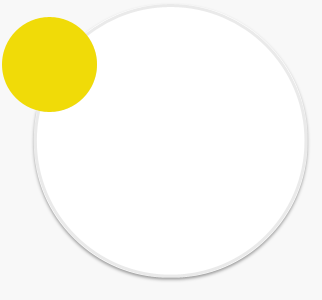Car Loan - Overview

car
loan

A car loan is one of the simplest ways to finance your new car.
A car loan differs from a general personal loan in that it is secured against the new or used car. This means that when the vehicle is disposed of (sold, traded in, written off by the insurance company) the car loan must be paid out. The advantage is that interest rates are generally less for car loans than what you would expect for a personal loan. This is because the finance company views it as less of a risk than a personal loan (due to the fact that if you default on your car loan, the finance company will as a last resort attempt to reposses your car whereas with a personal loan they can’t do this).
Interest rates for car loans on new cars are generally more competitive as the finance company recognises that a brand new car (with manufacturer warranty) will usually be a more secure form of collateral against the loan.
Car loans are generally taken by individuals as opposed to businesses and can be used to finance the full cost of the purchase including the on-road costs, insurance, warranties and even loan protection for the car loan itself.
A car loan is paid off by regular repayments which depend on the amount borrowed, term (usually up to 5 years), the interest rate and, if applicable, the residual (remaining amount on the car loan at the end of the term). Often financiers offer different types of car loans. These can include car loans for new cars and car loans for used cars. In general, car loans for used cars attract higher interest rates than those for new cars – a used car with no warranty is viewed as a greater risk that a brand new car.
| Often it is a requirement of the finance company that you have fully comprehensive insurance on your car before the car loan is approved. | Please feel free to visit our car loan calculator , contact a car loan consultant or call 1300 303 181 for more information. |
Options other than car loans? Find out about: